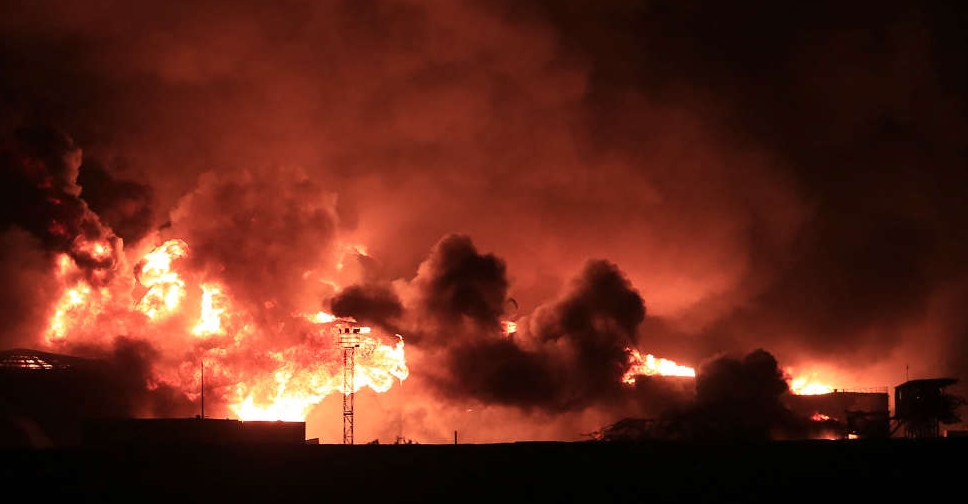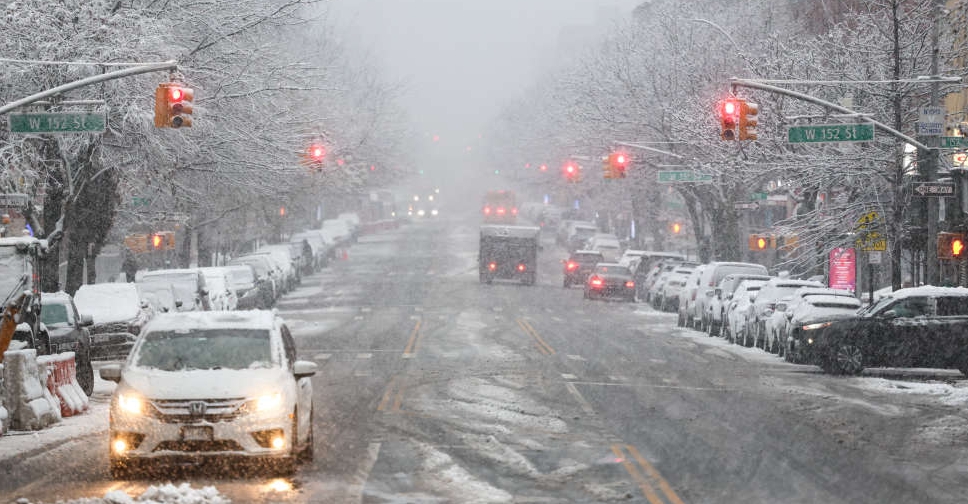
The US conducted multiple airstrikes in Houthi-controlled areas of Yemen on Thursday morning, the US Central Command (CENTCOM) said.
"US forces targeted several of the Houthis' underground facilities housing various weapons components of types that the Houthis have used to target civilian and military vessels throughout the region," Secretary of Defense Lloyd Austin announced in a statement.
CENTCOM is reportedly assessing the results of the operation, adding they currently "do not indicate civilian casualties."
Austin's statement cited Houthi attacks on US and international vessels transiting the Red Sea, the Bab Al-Mandeb Strait, and the Gulf of Aden, as justification for the operation.
"These actions were taken to degrade the Houthi's capability to continue their reckless and unlawful attacks on international commercial shipping and," CENTCOM also said.
The latest strikes were approved by Austin at the request of US President Joe Biden.
The defence official indicated the direct attack was a warning to other actors threatening the US and its interests.
The US targeted more than a dozen Houthi sites in Yemen on October 4. Houthi media said seven strikes hit the airport in Hodeida, a major port city, and the Katheib area, which has a Houthi-controlled military base. Dozens more were reported in Sanaa, Bayda, and Dhamar.
The Houthis began conducting attacks on vessels in the Red Sea in support of Palestinians six weeks after Israel launched its assault on Gaza last October. Around 130 such attacks have been recorded. Most attacks have targeted international shipping vessels, although some targeted Israeli or American military vessels.
The Yemeni group has said that it considers any ship linked to Israel or its allies a target.
Many shipping companies have avoided the Red Sea, despite a relatively low proportion of attacks compared to vessel traffic. The attacks have effectively increased shipping costs, including insurance and pay for employees working in high-risk areas.
Cargo companies have re-routed to go around southern Africa, reducing vessel traffic at the Suez Canal, which saw the transit of 10-15 per cent of global shipping before the war.
As of mid-September, average daily transits through the Suez Canal stood at 29, compared with about 80 last October, according to PortWatch.



 Venezuela's Maduro at US court, substitute leader softens stance
Venezuela's Maduro at US court, substitute leader softens stance
 Pressure builds for answers over Swiss bar fire after victims identified
Pressure builds for answers over Swiss bar fire after victims identified
 Snow cripples air, train and road traffic in the Netherlands
Snow cripples air, train and road traffic in the Netherlands
 Ukraine says Russian strike on Kyiv leaves first civilians dead this year
Ukraine says Russian strike on Kyiv leaves first civilians dead this year
 Trump threatens military operation against Colombia after Venezuela raid
Trump threatens military operation against Colombia after Venezuela raid






